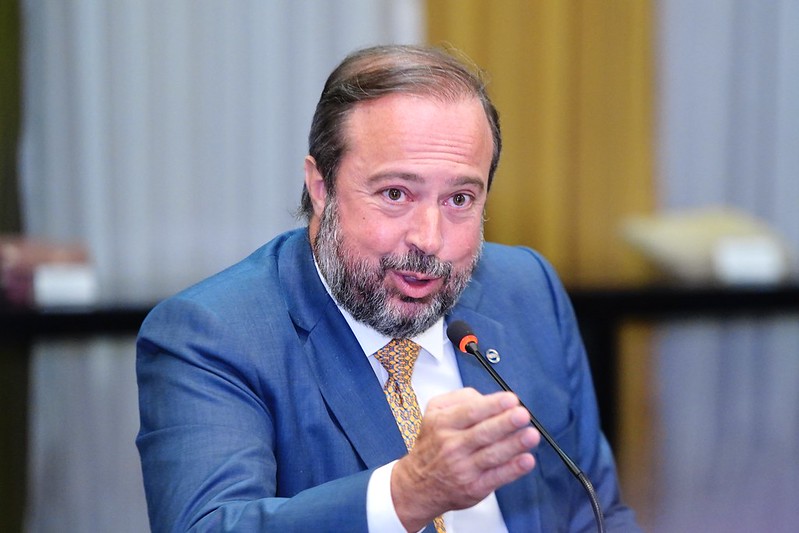The Mines and Energy Ministry on Wednesday raised the minimum percentage of biodiesel in diesel blends sold in the country from 10 to 12 percent. The change will take effect on April 1, and the minimum requirement will increase by one percentage point each year until it reaches 15 percent in 2026.
The move panders to Brazil’s ailing biofuels industry, which suffered during the former Jair Bolsonaro administration.
In fact, Mr. Bolsonaro enacted several policies that angered the sector, such as increasing tax-free quotas for American ethanol, reducing mandatory biodiesel blending requirements (from 13 to 10 percent), and, most recently, postponing targets for the purchase of carbon credits by fuel distributors.
Created in 2008, the mandatory blending of biodiesel in diesel and ethanol in gasoline was designed to reduce carbon emissions.
Most of Brazil’s biodiesel is derived from soybeans, and fluctuations in the commodity’s costs could affect prices at the pump. According to S&P Global, Brazilian soybean prices recently hit a 14-month low.
The National Confederation of Transportation has opposed the increase in biodiesel requirements. It claims the move only benefits a sector seeking greater profits under the guise of environmental concerns, adding that biodiesel is harmful to machinery and engines. The government disputes this claim.
Mines and Energy Minister Alexandre Silveira added that the new regulations will force fuel producers to source at least 20 percent of their biodiesel raw materials from the country’s semi-arid region (which straddles the north of Minas Gerais state, the Northeast region, and parts of the North). “This will increase the participation of family producers in the supply chain,” said Mr. Silveira.
Mr. Silveira added that currently, about 86 percent of Brazil’s biodiesel is produced from soybeans or large rural producers. According to the U.S. Department of Agriculture, Brazil is the world’s third-largest biofuel producer.


 Search
Search






































